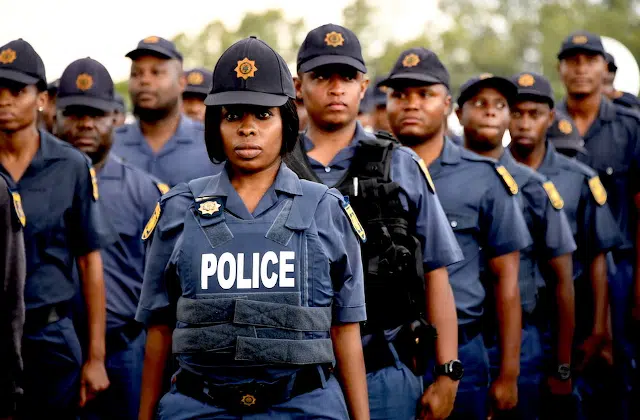
South Africa’s passport risks losing value as it’s used by more criminals
South Africa’s passport could be devalued further in the coming years as international criminal syndicates are increasingly using it for illicit activities, says prof Johan Burger, policing expert at the Institute of Security Studies.
Speaking to TimesLive, Burger highlighted a recent incident where South African locals sold their passport information and documents to illegal foreigners as part of a large fraud syndicate. This risks compromising the entire country’s ID system and will put other countries on alert, he said.
“They would simply argue that they cannot rely on the South African authorities in terms of assuring that our system is effective and protected against fraud. It could compromise the credibility of all South African identity documents and make it difficult for South Africans to travel abroad,” he said.
Notably, the UK blocked visa-free travel from South Africa in 2008, citing security concerns about corruption within Home Affairs and the ease with which foreign nationals could get South African passports.
In March 2022, Home Affairs announced the arrest of 13 foreign nationals and 13 South Africans who allegedly took part in a major identity fraud ring.
Home Affairs minister Aaron Motsoaledi said the kingpin of the scheme was identified after an alert immigration officer picked up anomalies with two passports of people who wanted to leave the country via the Cape Town International Airport.
“The modus operandi is that the kingpin recruits foreign nationals, mostly Pakistanis, who want to acquire South African passports, while not being South African,” he said.
Once the kingpin has a certain number, he then tasks his runner to recruit South Africans who have never acquired passports before. Once the number of foreign nationals and South Africans match, the kingpin then activates his lieutenants who then secure an office from where they conduct their illicit business.
“It is alleged that the kingpin bought cars for his lieutenants, presumably to enable them to be at his disposal, day and night. In other words, the lieutenants were always available to the kingpin whenever he needed them,” Motsoaledi said.
It is also alleged that South Africans were recruited for as little as R500, plus they were promised jobs overseas which, of course, never materialised.
The lieutenants are said to have pocketed between R5,000 and R10,000 per passport, while the kingpin allegedly charged anything from R40,000 a passport to any foreign national who wanted to acquire passports they don’t qualify for.
“I am confident that the law enforcement officers have done a good job. Their investigations benefitted from the fingerprint-enabled authentication of transactions, which was introduced to precisely fight corruption,” Motsoaledi said.
Article first appeared ion Businesstech



